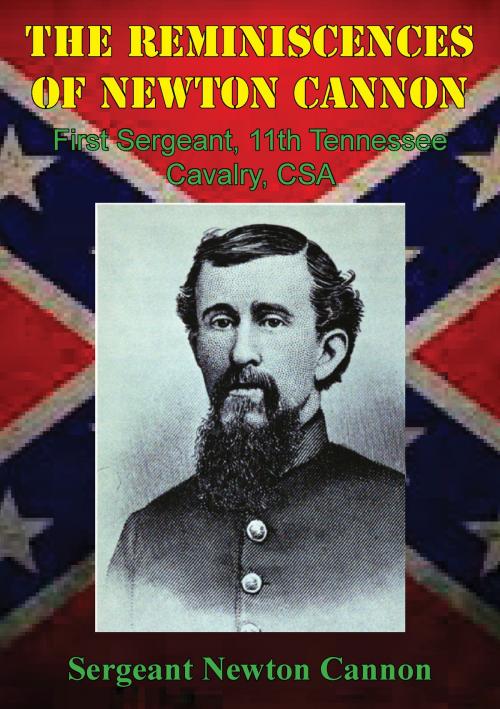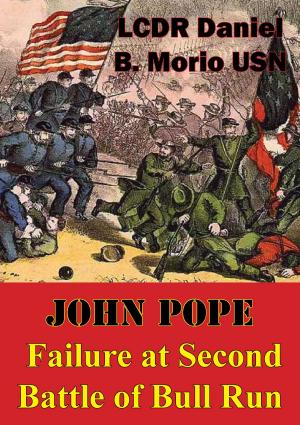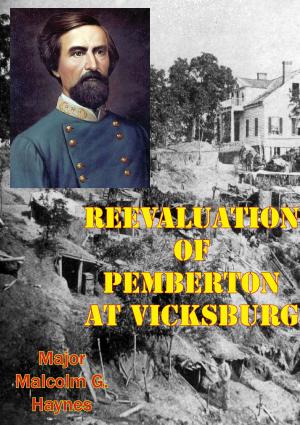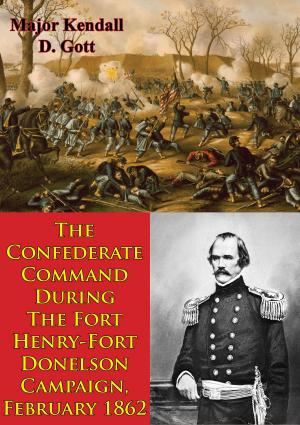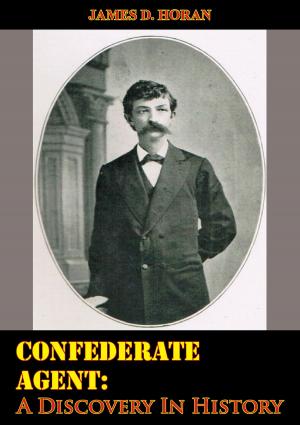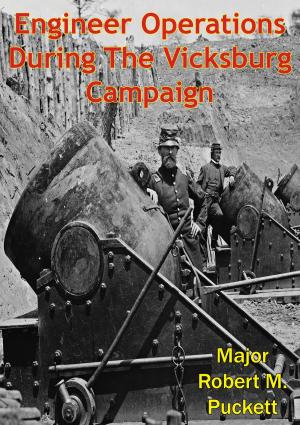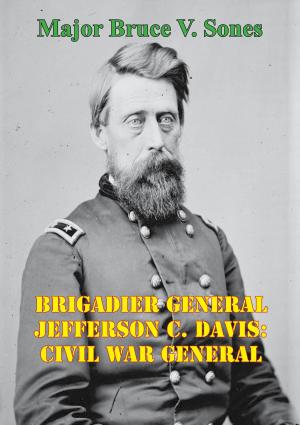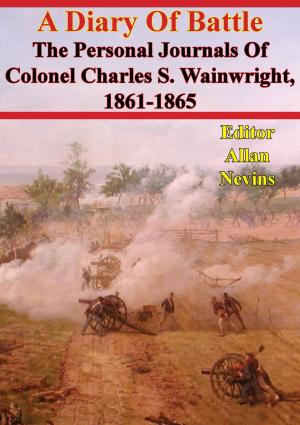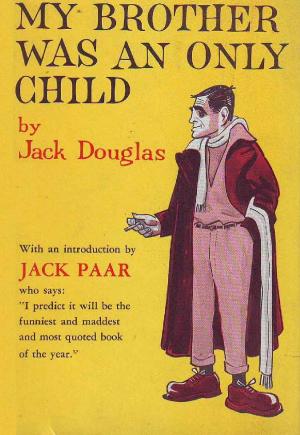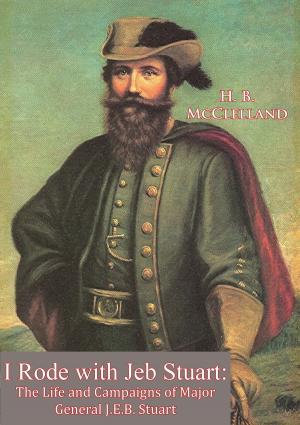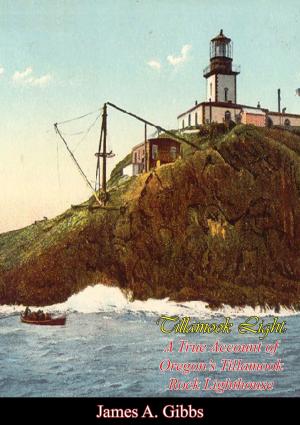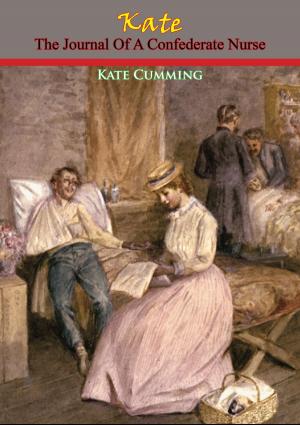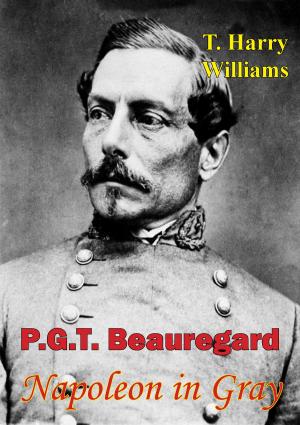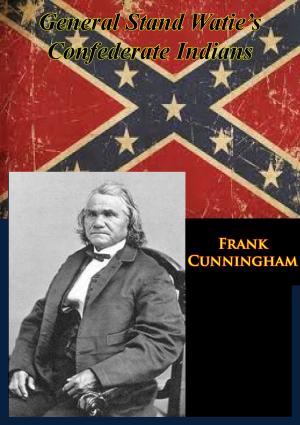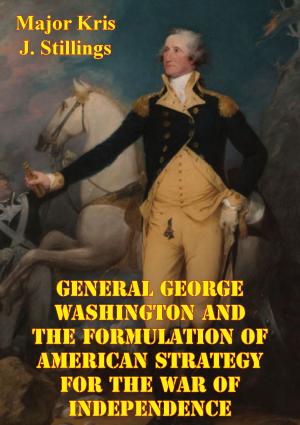The Reminiscences Of Newton Cannon, First Sergeant, 11th Tennessee Cavalry, CSA
Nonfiction, History, Modern, 19th Century, Americas, United States, Civil War Period (1850-1877), Military| Author: | Sergeant Newton Cannon | ISBN: | 9781786252982 |
| Publisher: | Golden Springs Publishing | Publication: | November 6, 2015 |
| Imprint: | Golden Springs Publishing | Language: | English |
| Author: | Sergeant Newton Cannon |
| ISBN: | 9781786252982 |
| Publisher: | Golden Springs Publishing |
| Publication: | November 6, 2015 |
| Imprint: | Golden Springs Publishing |
| Language: | English |
One of the most valuable by-products of the commemoration of the 100th Anniversary of our War between the States, or Civil War, has been the bringing to light of narratives of personal experiences in the war written by surviving veterans of the Confederate and Union armies. Such narratives, though sometimes somewhat at variance with the formal, official reports made by commanding officers, provide an impressive and often vivid picture of the ups and downs of actual army life as experienced by the man in the ranks. He may not have had at all times a very clear idea of the strategy involved in the movements he was making, but he knew exactly how he was personally affected by these movements, and his warm-blooded and uninhibited account of the campaigns and battles in which he was engaged provides some of the most important and valuable raw material for the historical researcher and writer.
A particularly engaging narrative of this kind is that of Sergeant Newton Cannon of Williamson County, Tennessee. He came of distinguished ancestry...His grandfather, Newton Cannon, had been a militia colonel in the Creek War, later serving as a member of Congress and as Governor of Tennessee. His father had served in the Seminole War in Florida, where he was wounded; and, as Mr. Cannon took pride in recalling, his own son, Newton Cannon, Jr., served in the Spanish-American War, and his younger son took part in World War I.
A month before his sixteenth birthday in 1862, Sergeant Cannon enlisted in Company I of the 11th Tennessee Cavalry of the Confederate Army, which was organized in Williamson County by his double first cousin, Captain Thomas F. Perkins, Jr. He served throughout the war with this company, seeing active service under General Nathan Bedford Forrest and General Joe Wheeler, and he was the company’s First Sergeant when, with the remnant of Forrest’s command, he surrendered and was paroled at Gainesville, Alabama, in 1865.
One of the most valuable by-products of the commemoration of the 100th Anniversary of our War between the States, or Civil War, has been the bringing to light of narratives of personal experiences in the war written by surviving veterans of the Confederate and Union armies. Such narratives, though sometimes somewhat at variance with the formal, official reports made by commanding officers, provide an impressive and often vivid picture of the ups and downs of actual army life as experienced by the man in the ranks. He may not have had at all times a very clear idea of the strategy involved in the movements he was making, but he knew exactly how he was personally affected by these movements, and his warm-blooded and uninhibited account of the campaigns and battles in which he was engaged provides some of the most important and valuable raw material for the historical researcher and writer.
A particularly engaging narrative of this kind is that of Sergeant Newton Cannon of Williamson County, Tennessee. He came of distinguished ancestry...His grandfather, Newton Cannon, had been a militia colonel in the Creek War, later serving as a member of Congress and as Governor of Tennessee. His father had served in the Seminole War in Florida, where he was wounded; and, as Mr. Cannon took pride in recalling, his own son, Newton Cannon, Jr., served in the Spanish-American War, and his younger son took part in World War I.
A month before his sixteenth birthday in 1862, Sergeant Cannon enlisted in Company I of the 11th Tennessee Cavalry of the Confederate Army, which was organized in Williamson County by his double first cousin, Captain Thomas F. Perkins, Jr. He served throughout the war with this company, seeing active service under General Nathan Bedford Forrest and General Joe Wheeler, and he was the company’s First Sergeant when, with the remnant of Forrest’s command, he surrendered and was paroled at Gainesville, Alabama, in 1865.
